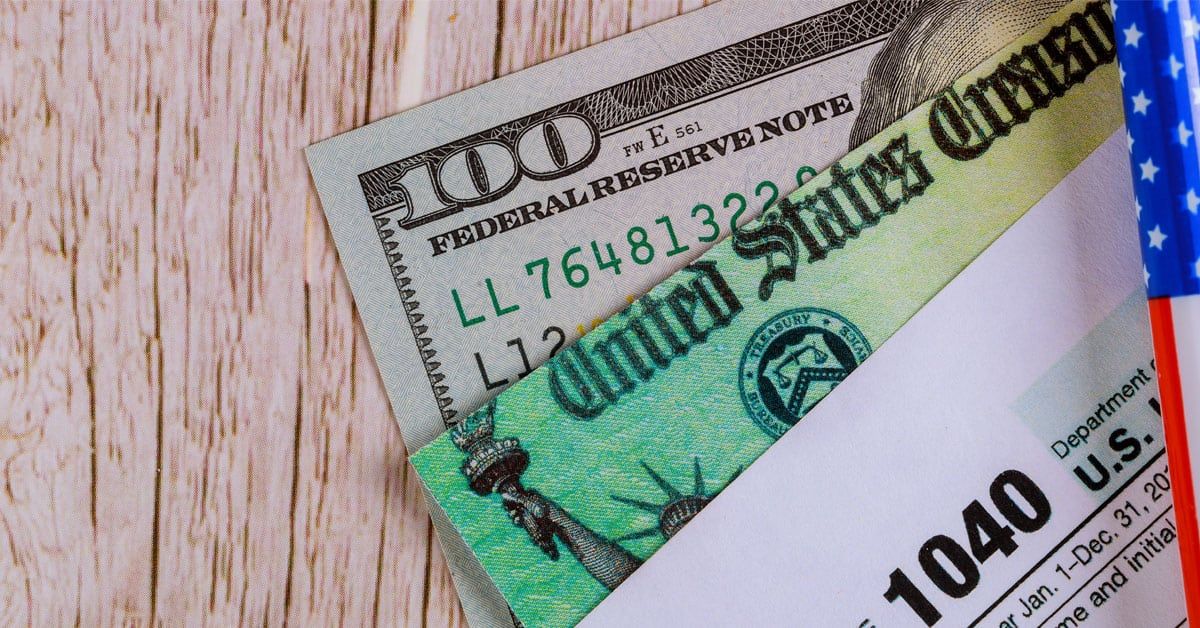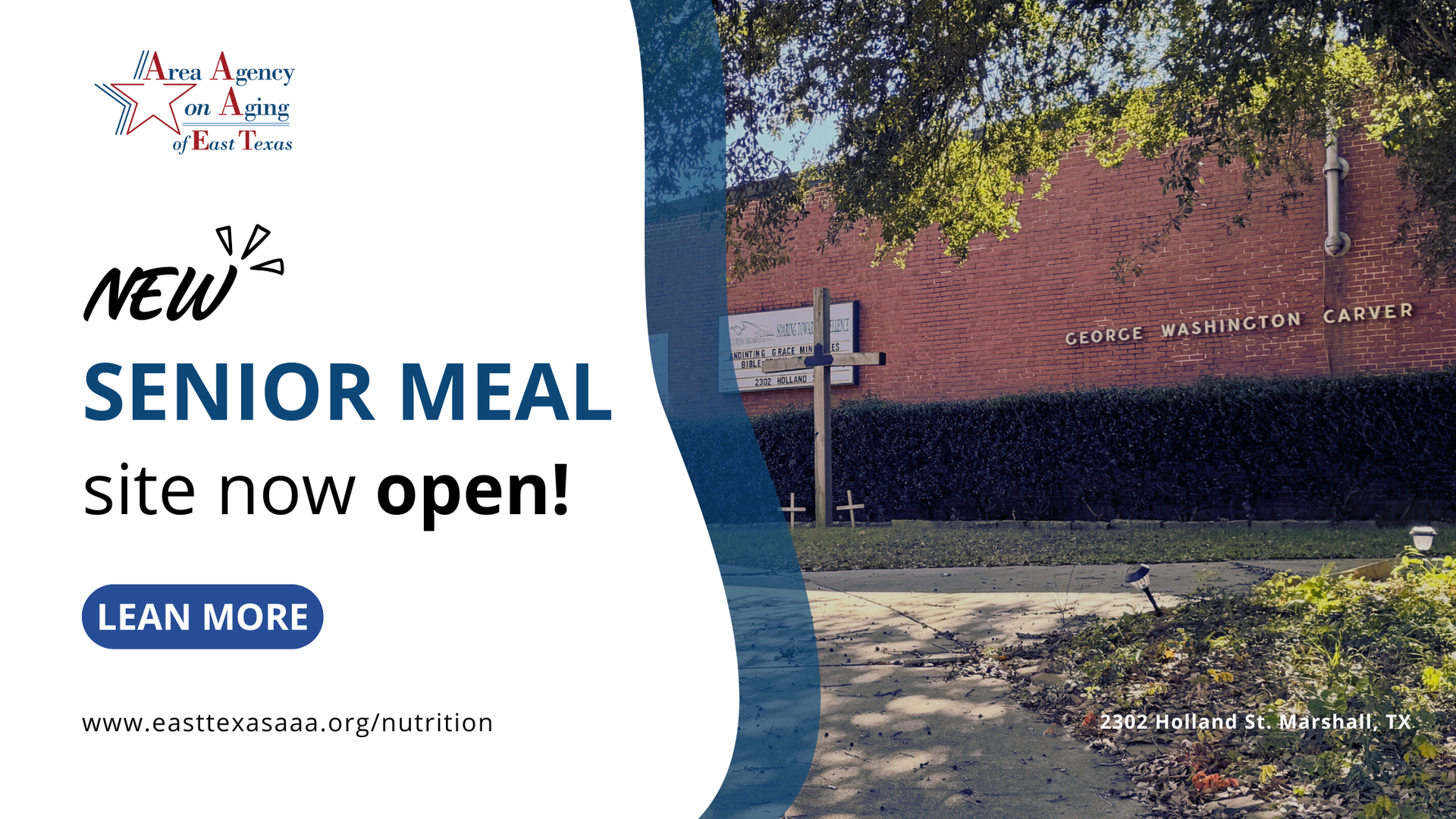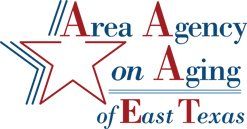Beware of Stimulus Check Scams
Texas Senior Medicare Patrol • April 9, 2020

Scammers use public health emergencies as opportunities for new fraud schemes. In fact, The Federal Trade Commission has already received complaints about stimulus checks scams.
As you may know, the government is preparing to distribute stimulus checks to help provide relief to households due to the COVID 19 crises.
Things you need to know:
- Individuals with adjusted gross incomes of less than $75,000 should expect to receive $1200 with couples receiving $2400, and $500 per child.
- The rate is adjusted if the gross income is more than $75,000. This will be based on your 2019 tax return, or 2018 if you haven’t filed yet for 2019. Please keep in mind that it is estimated to take weeks for these checks to be distributed.
- Your stimulus check will be directly deposited into your bank account if funds you received from your 2018 tax return were directly deposited. Otherwise your paper check will arrive by mail. Social security beneficiaries will automatically receive a stimulus check via direct deposit. There is no need to complete any tax information. The IRS will automatically use what the Social Security Administration has on file.
- Beware of the following scams:
- Fake Stimulus Checks. There are fake checks circulating right now. It will take at least three weeks for direct deposits to land and up to 10 weeks for paper checks to arrive by mail. If you receive any checks now, it is a fraud. Telltale signs are checks written in odd amounts or include cents, or a check that requires you to verify receipt online or by calling a number.
- Social media, phone calls, or text messages claiming to get in touch with you. Scammers are reaching out to people online on social media platforms or by sending text messages with claims they are from the IRS or other government agency and are trying to get in touch with you regarding your stimulus check. Ignore/Delete these messages. The U.S. Government will never reach out to you via any social media platform or by text.
- Scammers pose as a government agency and will send a link to this website or something similar for you to verify personal information. The government does not do this. The government already has the information they need and will not reach out to you for verification of your social security number or other personal identification.
- Processing Fee. Scammers pose as the IRS or other government agency claiming you can receive your stimulus check faster if you pay a processing fee. There is no such thing and there is no way to speed up the IRS payment process.
- The IRS will never call or email you to verify any personal information. This includes your social security number, bank account number, or anything that allows access to your identity.
- As soon as you receive a call or email saying they are from the IRS or U.S. Treasury, hang up or delete it. These scammers are professional criminals and will use a variety of methods to steal your personal identification and your money.
Texas SMP is ready to provide you with the information you need to PROTECT yourself from Medicare fraud, errors, and abuse; DETECT potential fraud, errors, and abuse; and REPORT your concerns.
Your SMP can help with your questions, concerns, or complaints about potential fraud and abuse issues. It also can provide information and educational presentations.
Texas Senior Medicare Patrol 1-888-341-6187.

The Area Agency on Aging of East Texas (AAA) opened a new congregate meal site in Marshall on Monday, December 15th. Older adults, aged 60 and up, eligible for the Senior Nutrition Program will be able to enjoy a hot lunch, good conversation, and a friendly place to gather. Location George Washington Carver Community Center 2302 Holland St Marshall, TX 75670 Meal Hours Monday–Thursday 11:00 AM–12:30 PM Phone 903-923-8410 The Senior Nutrition Program supports adults age 60 and older through both congregate meals and home-delivered meals. These meals follow dietary guidelines and help older adults stay connected and healthy. For folks who can’t travel, home-delivered meals bring food, a wellness check, and a bit of company to their door. How to Enroll Adults age 60 and older can join the Senior Nutrition Program by contacting the provider for their county listed at: easttexasaaa.org/nutrition , or by receiving a referral from AAA staff. Caregivers who care for someone receiving home-delivered meals may also be referred for services by calling AAA. The Carver Community Center site will give more Marshall and Harrison County residents a place to eat, visit, and keep a steady routine. If you or someone you know could benefit, contact the AAA for assistance!

Medicare Open Enrollment runs from October 15 until December 7, and people with Medicare will have more coverage options to consider. Plan costs and covered benefits have changed, so our Area Agency on Aging of East Texas (AAA) is offering benefits counseling assistance to encourage Medicare recipients to review their coverage choices and decide on the options that best fit their health needs. The changes Medicare recipients can make during Open Enrollment include: Joining a new Medicare Advantage Plan or Part D prescription drug plan Switching from Original Medicare to a Medicare Advantage Plan Switching from a Medicare Advantage Plan to Original Medicare (with or without a Part D plan) “Medicare Open Enrollment allows you the opportunity to review your healthcare plan and check on your financial well-being, which could also help save costs and coverage,” says AAA Benefits Counselor Nellie Spencer. “Call us and talk to an unbiased, qualified Benefits Counselor. We are also your State Health Insurance Assistance Program (SHIP) and available free of charge to go over your options.” For assistance, please call the Area Agency on Aging at 1-800-442-8845 to speak to a qualified benefits counselor. Appointments can be made over the phone, in a virtual meeting, or in person. Local Open Enrollment presentations: Benefits counselors will also be available for appointments at these community events during the Open Enrollment period. To reserve your spot, call the Area Agency on Aging at 1-800-442-8845. Walk-ins will be accepted. Palestine Resource Center for Independent Living, 421 Avenue A, Palestine, TX Date: Tuesday, November 4th Time: 9:00 am-3:00 pm George Washington Carver Community Center, 2303 Holland St., Marshall, TX Date: Thursday, November 6th Time: 10:00 am-2:00 pm Mt. Zion C.M.E. Church, 104 State Hwy. 64, Ben Wheeler, TX Date: Thursday, November 13th Time: 1:00 pm-3:30 pm First Christian Church, 1920 Beaumont St., Jacksonville, TX Date: Thursday, November 20th Time: 9:00 am-12:00 pm Be on alert for these Medicare Open Enrollment scams: There are no "limited time offers." Medicare or a health plan calls and wants to send you a new health card for $299. You receive a call about a refund from last year's premiums or your drug plan cost. An agent tries to sign you up for a plan that you don't need, isn't right for you, or doesn't even exist. Watch out for fake RX cards offering significant discounts with little or no benefits. You receive a call offering significant discounts on a new health insurance plan. Agents can NOT cold call you. Tips on how to stop fraud during Open Enrollment: If it's "too good to be true," it probably is. Don't trust all the ads you see on TV. Review the plan BEFORE you join. Even if you're not switching, review your current plan to ensure it covers your doctors. Medicare will never call or visit. Medicare will only send information via postal mail service. Guard your Medicare card and number like a credit card. Don't give out your Medicare number except to your doctor or other providers. Don't let someone push you into making a fast decision. If you receive a call, especially from a number you do not recognize or anyone requesting personal information, hang up immediately. Know your health care options. Get help from your family, the Medicare website, or your local State Health Insurance Assistance Program (SHIP), which for East Texas is the AAA. No health care plan is allowed to cold call. Medicare plans can be viewed and compared at www.medicare.gov .




